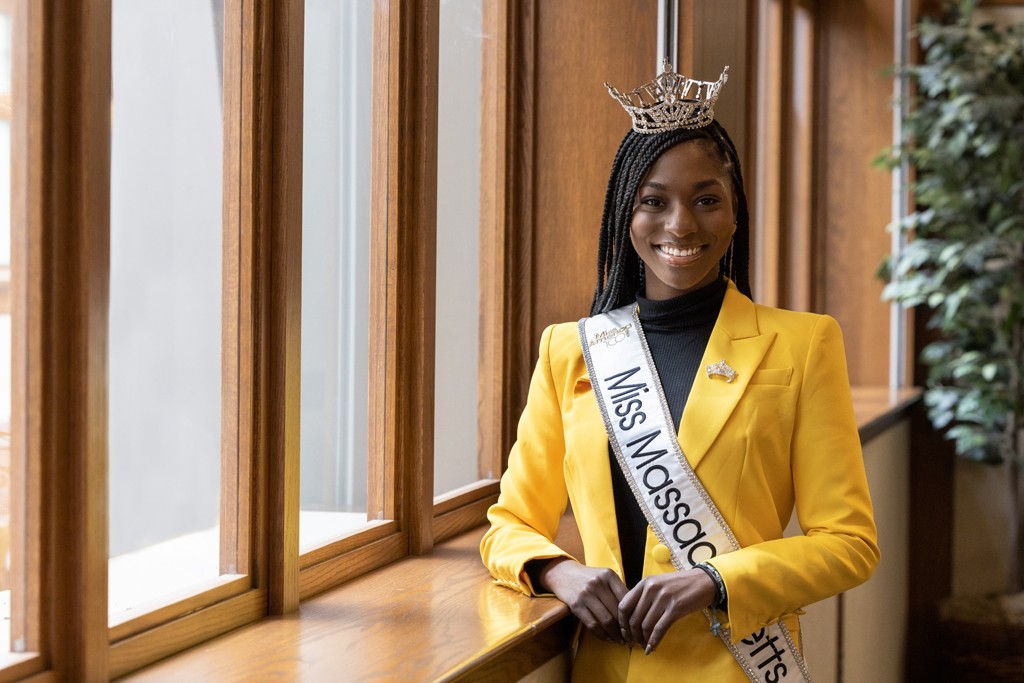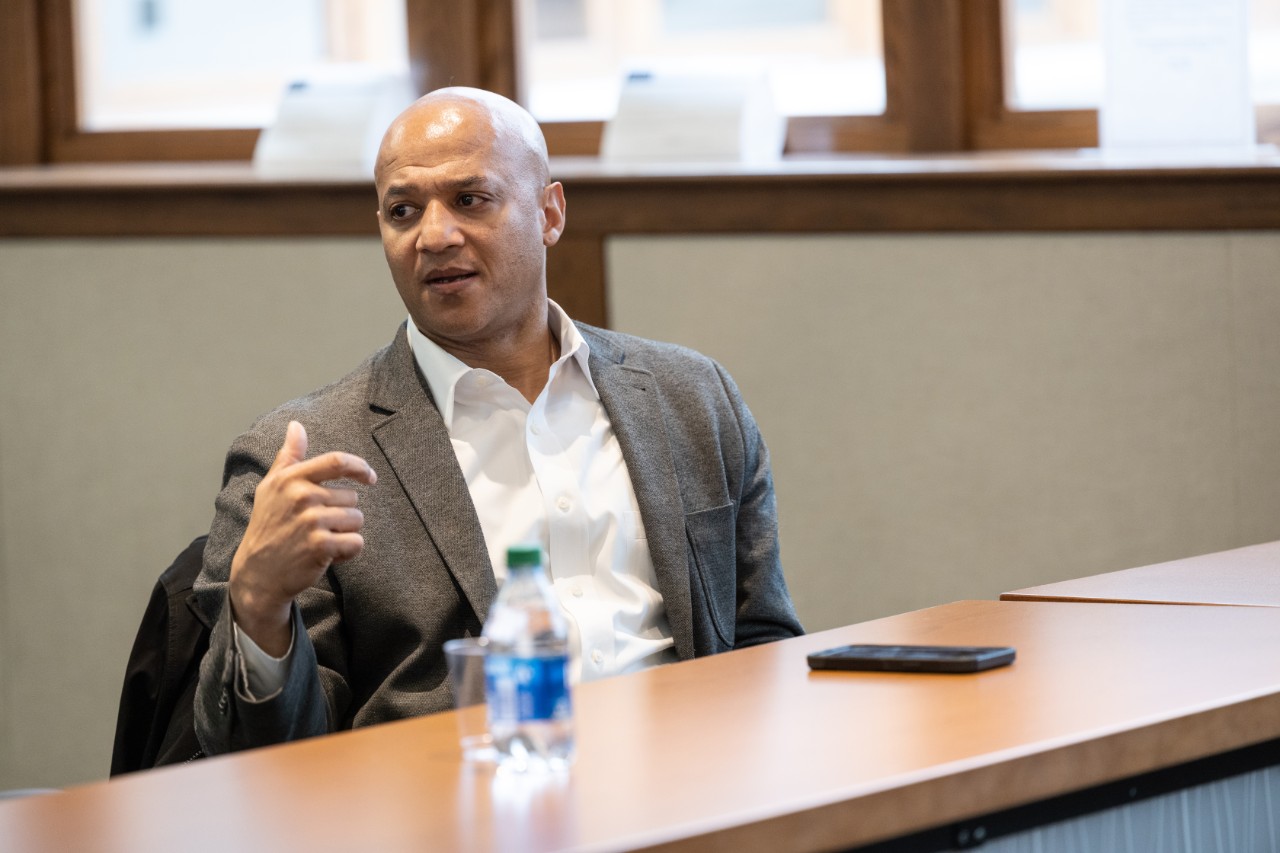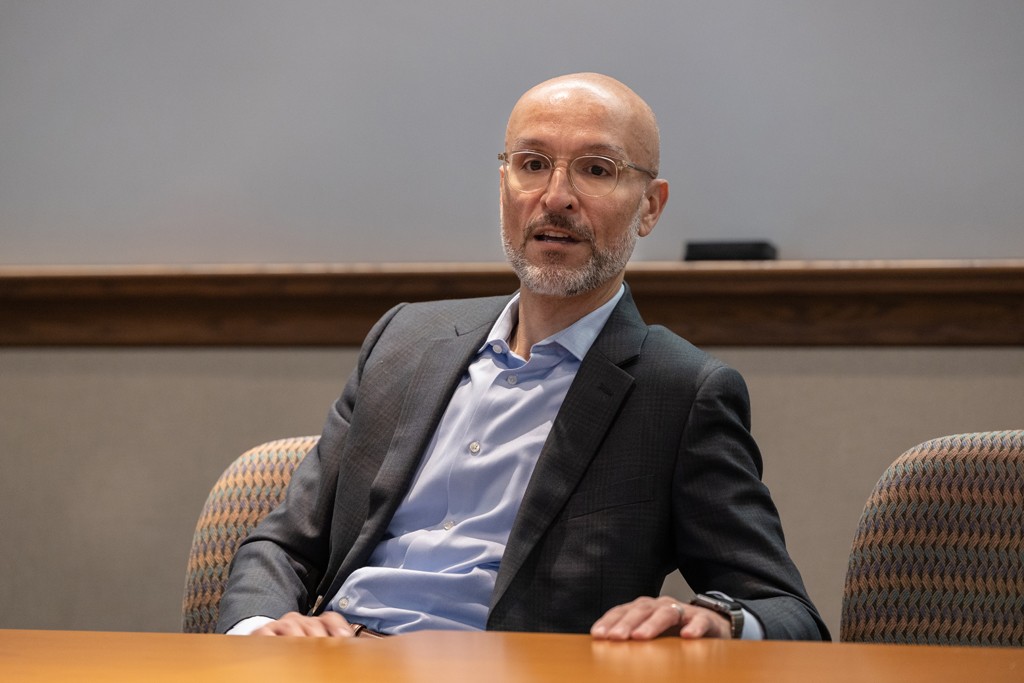I Belong
How Shame Can Lead to a Sense of Belonging
Miss Massachusetts 2021, Elizabeth Pierre, SSW ’24, shared her story about how shame in cultural identity, race, and age eventually led to her sense of belonging. Pierre began her story by talking about her Haitian heritage. As a first-generation American, she described the otherness she felt trying to fit in. Her Haitian heritage shaped her upbringing, yet when she went outside her parents’ house, life was the American culture, and this dual cultural identity made her feel different from her classmates and peers. In 8th grade, Pierre turned to dance to fuel her creative outlet, which her Haitian parents, whose focus was on education, found a frivolous activity. They eventually acquiesced, but Pierre said she immediately felt like an outsider again because she was the only Black girl in her class and the one with the least experience. Because of that, she felt she needed to be perfect and be the person who defied the negative stereotype of a young Black girl. Pierre was later awarded a scholarship for being the best performer in the class, though even with that honor she felt unworthy. However, after some reassurance from her teacher, she eventually accepted that maybe she was worthy.
Pierre also identified how being shamed for her age presented another seed of unworthiness. In high school, she became an activist after Trayvon Martin’s death and, with her peers, staged a school walkout to protest his unjust killing at the State House. However, they were met with disdain by elders who criticized their actions and impact due to their age. Unfortunately, this again fueled that seed of doubt about where she belonged and led to her questioning whether or not she had a voice.
Pierre went on to graduate with her bachelor’s degree from Syracuse University. After graduation, she decided to pursue a new interest that would once again challenge her comfort zone. She learned about the Miss America scholarship and the opportunity to make a difference in her community, and decided to embark on that journey. However, when she arrived for the interview for the Miss Cambridge competition, she was immediately crippled with the long-ago fear and feeling of unworthiness. Once again, she was the only Black girl in the room and the one with the least experience. However, she aced the interview and went on to win the Miss Cambridge title. She used her platform to go back into schools to talk to students and encourage them in their journeys of belonging. In this conversation at BC, she urged students to know who they are and not let vulnerability and shame stop them from doing what they want or need to do.
Pierre went on to win the Miss Massachusetts competition and placed third in the Miss America competition last December. She ended the conversation by admitting that while thoughts of imposter syndrome still emerge from time to time, every win assured her that people believed in her and wanted her to be there. People loved her because of her difference, and that is something that she is finally becoming comfortable with.






